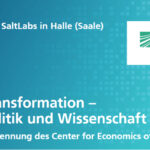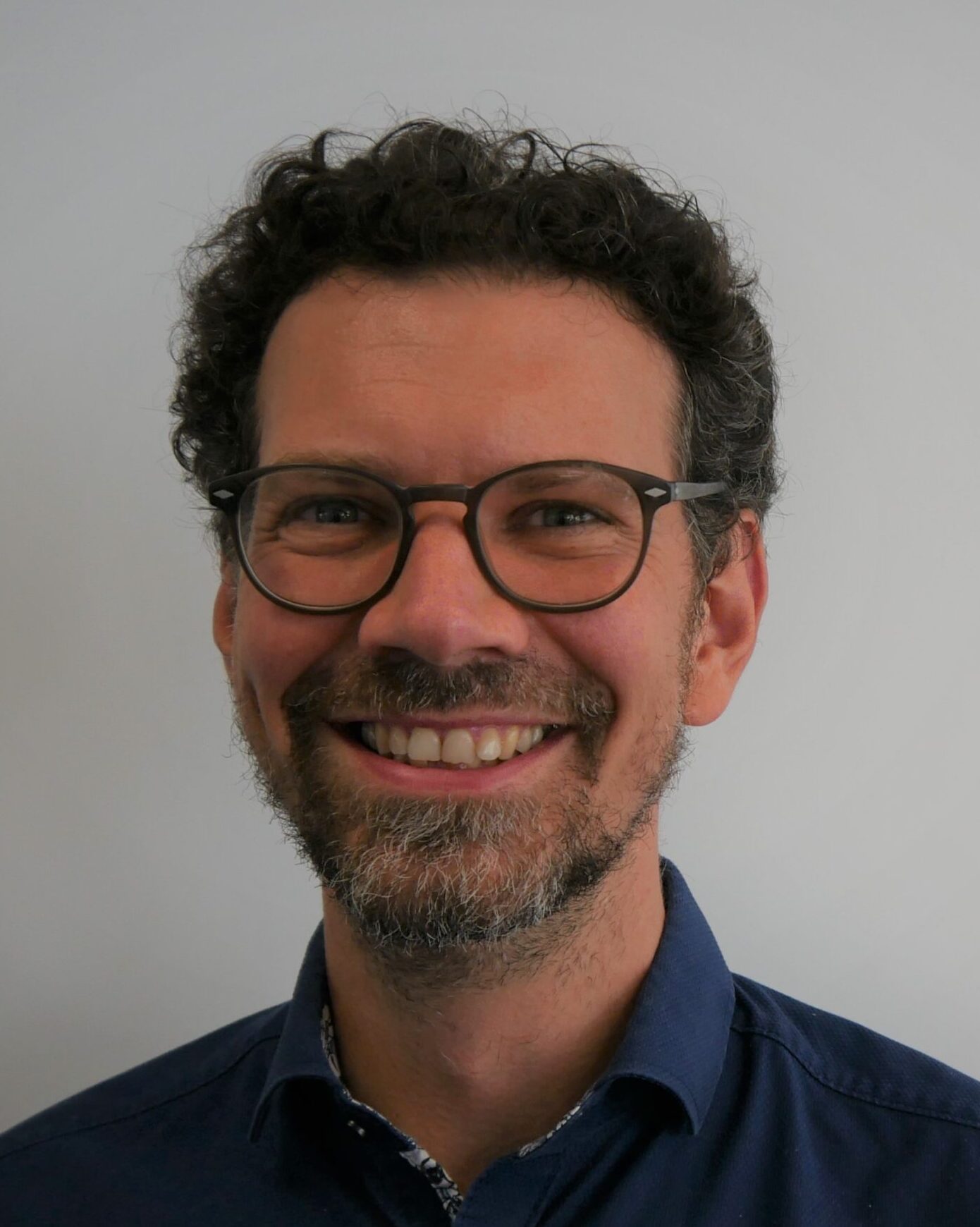
17.01. | Hearing of the Committee for Mobility and Transport in the Berlin House of Representatives
17. January 2024
24.01. | Fraunhofer expert discussion on industrial transformation
24. January 2024Study on the decarbonization of energy intensive industries in Morocco

In this project, RLI, together with our partner Arepo, aims to analyze the best available technological solution to decarbonize industrial zones in Morocco, focusing on energy intensive industries, such as iron and steel, aluminium, ammonia, cement and glass production.
Decarbonizing industries
With a share of around 20 percent of global greenhouse gas emissions, decarbonizing these industries bears an enormous potential to cut emissions. At the same time, decarbonization pathways for these industries are not straightforward, in many cases multiple pathways to reduce emissions exist, for example substituting fossil fuels with green hydrogen versus direct electrification, while some emissions remain unavoidable. In this project, RLI seeks to assess the best available pathways to reduce industry-related emissions for different industrial sites in Morocco.
Scoping the status quo of Moroccan industrial zones
To do so, RLI will be in close exchange with both local and international stakeholders and conduct interviews to scope the currently employed processes and stakeholders’ preferences and priorities. With these results RLI will recommend the best available defossilization pathways in specific exemplary sites, map out risks and opportunities associated with the respective pathways and identify green H2-based industrial applications that are already operational.
RLI will furthermore use the findings of the case studies to draw generalized conclusions on potential applications of green hydrogen for industrial zones in Morocco, draw out technological options that are compatible with the local market and make recommendations to the respective stakeholders.
Project duration: November 2023 – March 2024
Decarbonizing industries
With a share of around 20 percent of global greenhouse gas emissions, decarbonizing these industries bears an enormous potential to cut emissions. At the same time, decarbonization pathways for these industries are not straightforward, in many cases multiple pathways to reduce emissions exist, for example substituting fossil fuels with green hydrogen versus direct electrification, while some emissions remain unavoidable. In this project, RLI seeks to assess the best available pathways to reduce industry-related emissions for different industrial sites in Morocco.
Scoping the status quo of Moroccan industrial zones
To do so, RLI will be in close exchange with both local and international stakeholders and conduct interviews to scope the currently employed processes and stakeholders’ preferences and priorities. With these results RLI will recommend the best available defossilization pathways in specific exemplary sites, map out risks and opportunities associated with the respective pathways and identify green H2-based industrial applications that are already operational.
RLI will furthermore use the findings of the case studies to draw generalized conclusions on potential applications of green hydrogen for industrial zones in Morocco, draw out technological options that are compatible with the local market and make recommendations to the respective stakeholders.
Project duration: November 2023 – March 2024
The RLI assumes the following tasks in this project:
- Establish and maintain stakeholder engagement and communication
- Technology benchmarking of available best practices for decarbonization of industrial zones
- Csase studies assessing existing practices and possible decarbonization pathways for 6 different industrial sites
- Extrapolation of specific results to derive country-wide recommendations green hydrogen and decarbonization of manufacturing in Morocco








